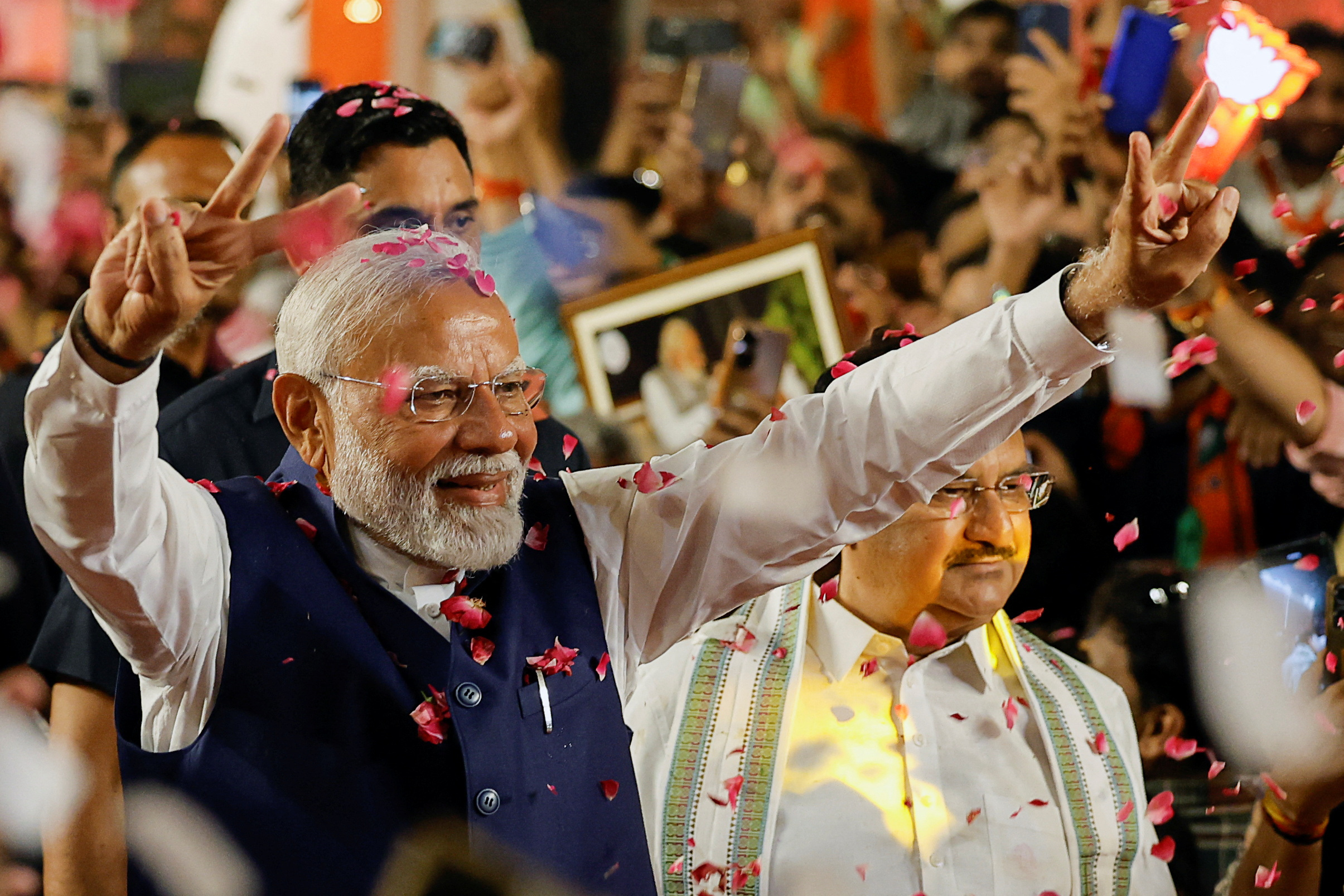Iraq, officially known as the Republic of Iraq, is a country located in the Middle East. It operates as a federal parliamentary republic. Here is some information about the election system in Iraq:
- Parliamentary Elections: The Council of Representatives is the unicameral legislative body of Iraq. Members of the Council of Representatives, known as Members of Parliament (MPs), are elected through a closed-list proportional representation system. Iraq is divided into multiple electoral districts, and the number of seats allocated to each district is based on its population. Political parties or coalitions submit lists of candidates, and voters vote for a party list rather than individual candidates. The seats in the Council of Representatives are distributed among the winning lists based on the proportional representation system. Parliamentary elections in Iraq occur every four years.
- President of Iraq: The President of Iraq is the head of state, and the role is largely ceremonial. The President is elected by a two-thirds majority vote in the Council of Representatives for a term of four years. The President represents Iraq internationally, approves and promulgates laws passed by the Council of Representatives, and performs other constitutional duties.
- Independent High Electoral Commission (IHEC): The IHEC is an independent body responsible for organizing and overseeing elections in Iraq. It manages voter registration, candidate nominations, the voting process, and the counting of votes. The IHEC aims to ensure transparency, fairness, and credibility in the electoral process.
- Political Parties: Iraq has a multi-party system, with numerous political parties and coalitions participating in elections. Some of the prominent political parties in Iraq include the State of Law Coalition, the Al-Nasr Alliance, the Sadrist Movement, and the Kurdistan Democratic Party, among others.
- Voter Eligibility: Iraqi citizens who are at least 18 years old have the right to vote in parliamentary and presidential elections. Voter registration is required, and citizens must be included in the electoral roll to participate. Eligible voters can cast their ballots at designated polling stations within their respective electoral districts.
It’s important to note that Iraq has faced challenges related to security, political instability, and sectarian tensions, which have impacted the electoral process. Additionally, there have been ongoing efforts to promote inclusivity and representation for all communities in Iraq.



